Creating a clear and authentic personal brand
Personal branding is more important than ever in today's business world, but as an executive support professional, have you ever thought about your personal brand?
What exactly is a personal brand? And how can you create one to help you achieve your professional goals?
What Is a Personal Brand?
A personal brand is how you present yourself to the world—the image or persona you convey through your online presence and interactions with others. It's the unique combination of skills, experiences, and personality traits that make you who you are.
Personal branding can benefit individuals and businesses; it allows you to build name recognition and credibility, differentiate yourself from others in your field, and make a positive impression on those who matter most to your career.
Why Should You Create a Personal Brand?
There are many reasons why you should create a personal brand. A solid personal brand can help you:
Build name recognition
Cultivate credibility
Stand out from others in your field
Make a positive impression
These things can lead to increased opportunities. Personal branding should be at the top of your list if you want to further your career.
Considerations for articulating your Personal Brand
Career opportunities are what we aim for, but in defining your personal brand, you need to be able to communicate what value you bring to the table. What about your contribution in the workplace that is uniquely 'you' adds value?
There are a few different ways to articulate your Personal Brand. You can start by writing down a list of your key strengths and accomplishments. What are you good at? What have you been recognised for in the past? Once you have a list of your strengths, start thinking about how those strengths can be applied in a work setting.
For example, let's say one of your strengths is that you have strong stakeholder management experience. You could use that strength to position yourself as an excellent project manager who can keep track of multiple stakeholders, deadlines and moving parts at once.
It's also important to consider your personality when defining your Personal Brand. Are you introverted or extroverted? Creative or analytical? Serious or lighthearted? Knowing what kind of personality traits you bring to the table will help you determine what kinds of work environments will be the best fit for you.
If you're introverted and enjoy working independently, for instance, then a fast-paced office environment might not be the right fit. On the other hand, if you're extroverted and enjoy working with people, then a remote working arrangement might not be ideal either.
How to Develop a Personal Brand
Creating a personal brand might seem daunting, but it doesn't have to be. Here are a few tips to get you started
1. Know Yourself:
The first step in creating a personal brand is understanding who you are and what makes you unique. By knowing yourself, you'll be able to better communicate your strengths and value proposition to others. Consider what sets you apart from others in your field—what are your unique skills, experiences, and passions? These are the elements that will make up the foundation of your Personal Brand.
2. Do Your Research:
Once you know what makes you unique, it's time to do some research. Check out what other people in your field are doing—what worked well for them and what didn't? Use this information as inspiration for creating your unique brand. Remember, though, that it's essential to stay true to yourself; don't try to be someone you're not just because it worked well for someone else. The key is to find a balance between being inspired by others and staying true to who you are.
3. Create Your Brand Statement:
A brand statement is a short sentence or motto that captures the essence of who you are and what you do. This is integral to creating a personal brand because it will be the foundation for your branding efforts moving forward—from social media posts to website content. When crafting your brand statement, keep it clear, concise, and memorable; make sure it captures who you are and what value you offer. Examples of great brand statements include Nike's "Just Do It" and L'Oreal's "Because You're Worth It."
4. Get started with social media:
Social media is one of the best platforms for promoting and growing your Personal Brand. But before you start posting random updates, shares and likes, take some time to develop a strategy. What platforms will work best for reaching your target audience? As a professional, LinkedIn should be top of mind.
Regarding your posts, consider what kind of content will showcase your brand values and highlight your skills. Remember that whatever you share will be a reflection of your Personal Brand.
Creating a strong personal brand can help you build confidence in your skills. It contributes toward opportunity creation and career momentum. In simplest terms, a personal brand is your public image or presence. It's how you present yourself to the world —through your online presence and interactions with others. A personal brand allows you to build name recognition, differentiate yourself from others and make a positive impression on those who matter most to your career goals.
By setting aside time to research and create a solid plan, you can soon have a strong personal brand that will help you reach new heights in your chosen field.
As executive support, what do you think is the most important element to creating a Personal Brand statement?

